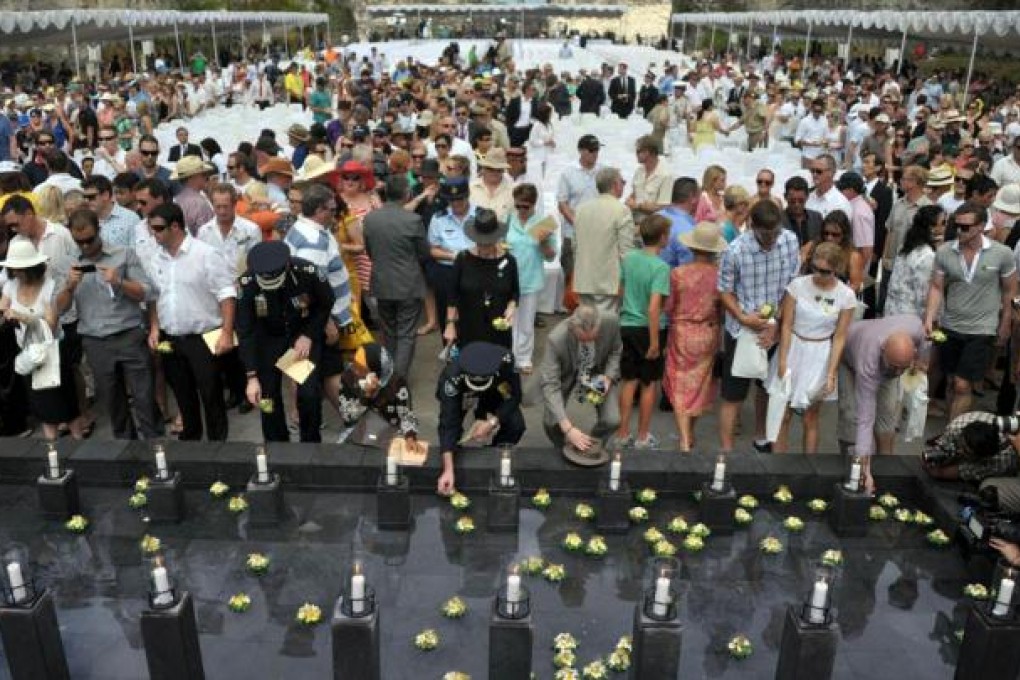Tears for Bali bomb victims 10 years on
For all the horror of the nightclub bombings 10 years ago in which 202 were killed, Indonesia has not bowed to the threat of Islamist terror

A decade after bombs killed 202 people when they ripped apart two Bali nightclubs, a special memorial service was filled with reminders of what was lost in the tropical paradise … and what was not.
Tears fell as victims' names were read out, but not far away surfers paddled for world-class waves and holidaymakers haggled for souvenirs.
On October 12, 2002, a suicide bomber detonated explosives hidden in his backpack inside Paddy's Pub in Kuta. Twenty seconds later a more powerful car bomb was set off by another suicide bomber outside the Sari Club opposite. Most of the victims were foreign tourists. Eighty-eight were from Australia; 11 were Hong Kong residents.
But radicalism did not take over the moderate Muslim nation, and the visitors who initially stayed away in fear have come flooding back.
Hotel rooms were hard to come by yesterday, even as security alerts were raised to the highest level following a potential unspecific threat.
"There is peace in this island and the knowledge that millions still come here for the same reasons you and your loved ones did," Australian Prime Minister Julia Gillard told victims' loved ones at a memorial service. "And perhaps there is a grim reassurance in knowing that the terrorists did not achieve what they set out to do. They did not undermine Indonesian democracy, which has only grown stronger across the passage of a decade."
Australia suffered more deaths in the attacks than any other country. The Australian government paid for more than 600 survivors and victims' relatives to attend the ceremony. Some gathered for the memorial in shorts and T-shirts, fanning themselves in the blazing morning heat.